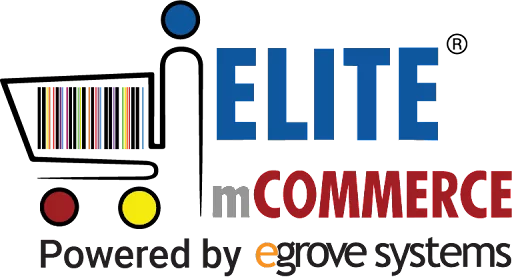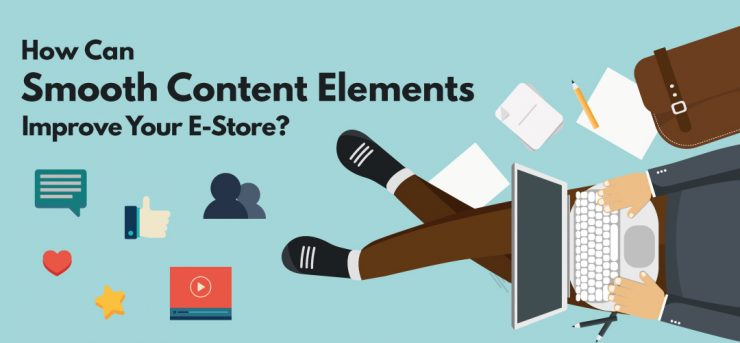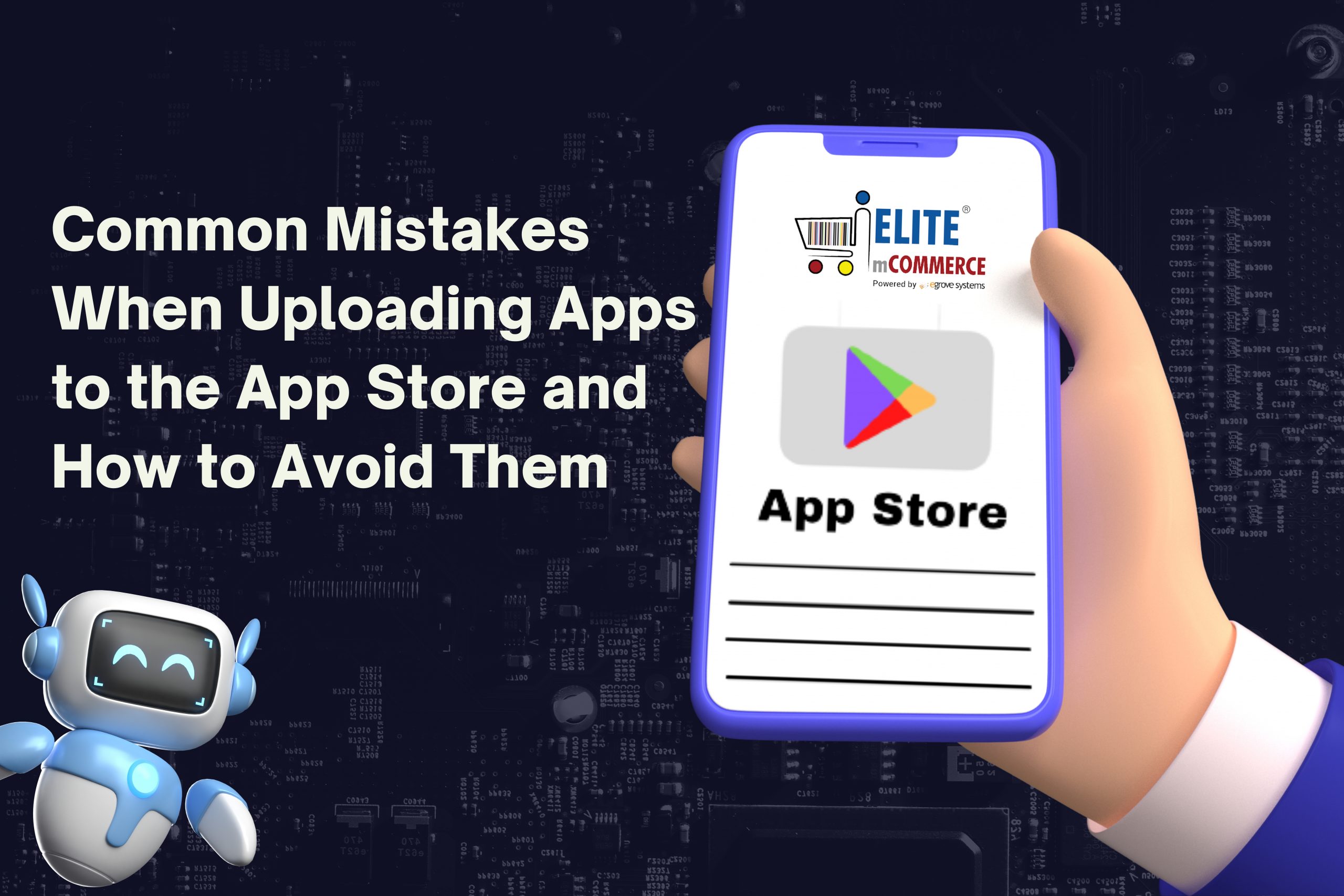We live in a time when online entrepreneurship is becoming one of the most important forms of modern business. Both offline and online businesses use websites to increase their popularity and attract new customers. Also, about 96% of business owners invest in social media marketing. Due to all these digital trends, it’s no wonder that a growing number of businesses is turning to online audiences by launching e-commerce websites. Handy tips to create and organize outstanding content elements that increase your e-commerce website popularity and attract new customers.
Content Elements – eCommerce Website
Since many people are joining the field of e-commerce, some of them might not be completely sure how to deal with the content features other than products. Here are few:
Boosting brand awareness
We often think of brands as of some out-of-this-world trademarks that we can only admire. However, there’s no reason to underrate your own branding potential. After all, every single multinational brand was once a small business. Therefore, when a rookie e-store owner invests in their content, they increase the awareness of their brand. This goal can be achieved through the following content strategies:
• Writing about current affairs – It’s up to you to choose how you’re going to shape and call this section, but publishing pieces about the latest trends in your niche is of greatest importance for your online status. On the one hand, you can place these posts on the homepage of your e-store. On the other, launching a special blog section is another great solution. Also, you can start a periodical in the form of a newsletter or an e-magazine. Check out how Mr. Porter – one of the leading clothes e-stores in the UK – successfully merged content and e-commerce by launching a great fashion journal.
• Collaborating with influencers – This is a borderline case between social media and your e-commerce website. Namely, it would be great for your e-business to connect with influential experts in your niche. The easiest way to do that is to start following them in social media. What comes next is establishing communication with these important pros through comments on their posts. When you create a network or such professionals, ask them to publish their original content on your website. You can offer them some freebies or special products from your stock.
Read also: Google Recommended – Content Quality Guideline for your Website
Wisely written product descriptions
Since product descriptions are the most sensitive part of every e-store, it’s vital for your business to find balance in presenting your products to your customers. The rule of thumb is that your content policy regarding these descriptions should be directed in accordance with the type of the products. For instance, a clothes website should stick to concise, core descriptions. Your potential buyer will be interested in some basic information, such as the available sizes, the price and the shipping costs. If you keep rambling on about these items in great details, you might lose your audience.
On the other hand, websites selling technical equipment should include as many details as possible in their product descriptions. Every single piece of information is valuable for a customer deciding whether or not they’ll spend $1,000 to buy a laptop on your website.
So, product descriptions and copies need to be part of every content strategy, but their form and extent will vary from e-store to e-store. Also, read more about how (un)necessary product descriptions are in the article published by the Econsultancy website.
Invaluable visual features
Although textual descriptions are still important for many groups of products, aspiring e-store owners should bear in mind that this is the age of visuals. Translated to your e-commerce content – enrich your product categories and particular items with optimized images, short HD-videos and graphs. All these visual features will mean a lot to your customers. Most importantly, they’ll reduce the time an average customer spends deciding whether or not they’ll buy a certain product. If they go for a nicely presented product, they’ll have more time to get another one. If not, they won’t be frustrated by wasting too much time on one single item.
Moreover, using stats and graphs will be of great assistance when you want to show your customers your best-selling products. Apart from that, include these features in your written content features, as well.
Avoiding distractions at key points
We’ve already mentioned that sometimes less is more when it comes to content features on e-stores. To go a bit further, it’s recommended that some areas of your e-commerce website are devoid of all the potential distractors. Otherwise, your customers might be carried away by those details, which will result in cart abandonment. As of mid-2016, the cart abandonment rates varied from 68% on fashion e-stores to 80% on travel websites [source].
Since the most delicate part of every e-commerce websites is the checkout page, don’t pack this section with any unnecessary links or ads. When a customer has reached this stage, they only need a simple payment form and nothing else.
What’s more, e-store owners need to ensure that their business partners also experience smooth purchases on their websites. In line with that, equip your e-store with user-friendly invoice templates, smooth payment procedures and special shipping discounts for large orders. These elements require meticulous visual and textual organization, without a single extra word, ad or image. All these features will boost your conversion rates, as well as increase your sales.
To conclude, e-commerce content should follow some rules of regular web content management. However, here every single product carries a certain value, which is why e-store content features require some additional effort. Their major purpose is to convince customers to purchase goods on that e-store. What’s crucial for every such website is to pay attention to content details, because they manage to sell products. This article should teach you how to spot and use these elements in order to prepare outstanding content for your e-store customers.
Source: How Can Smooth Content Elements Improve Your E-Store?









Add comment